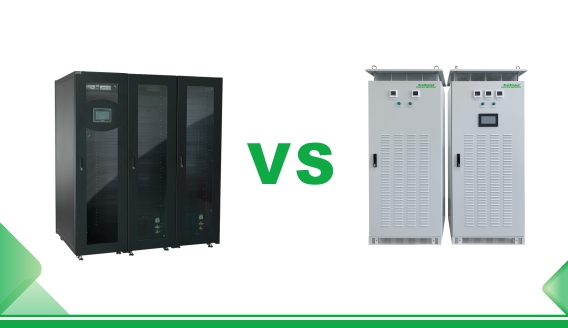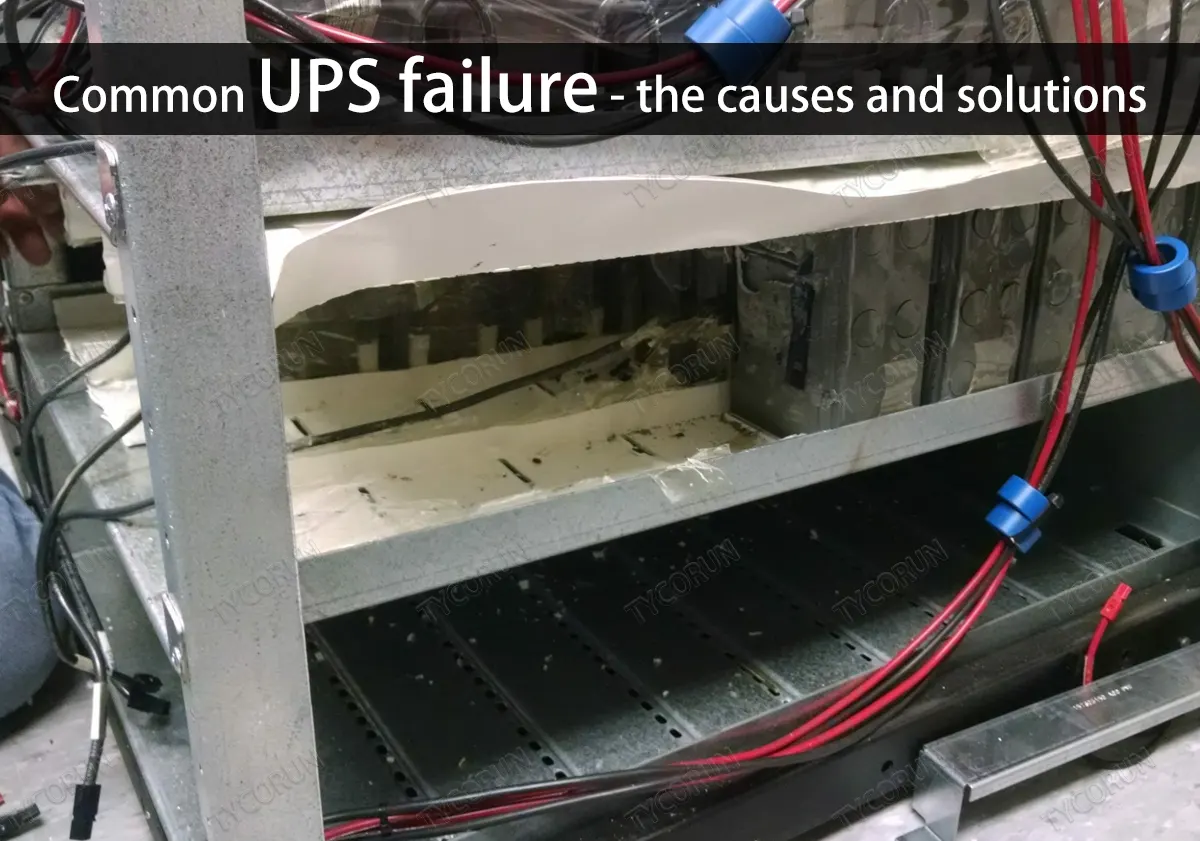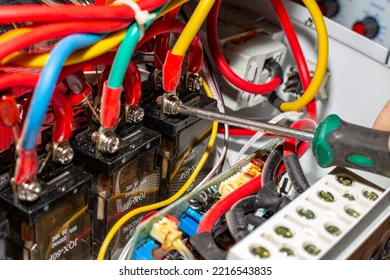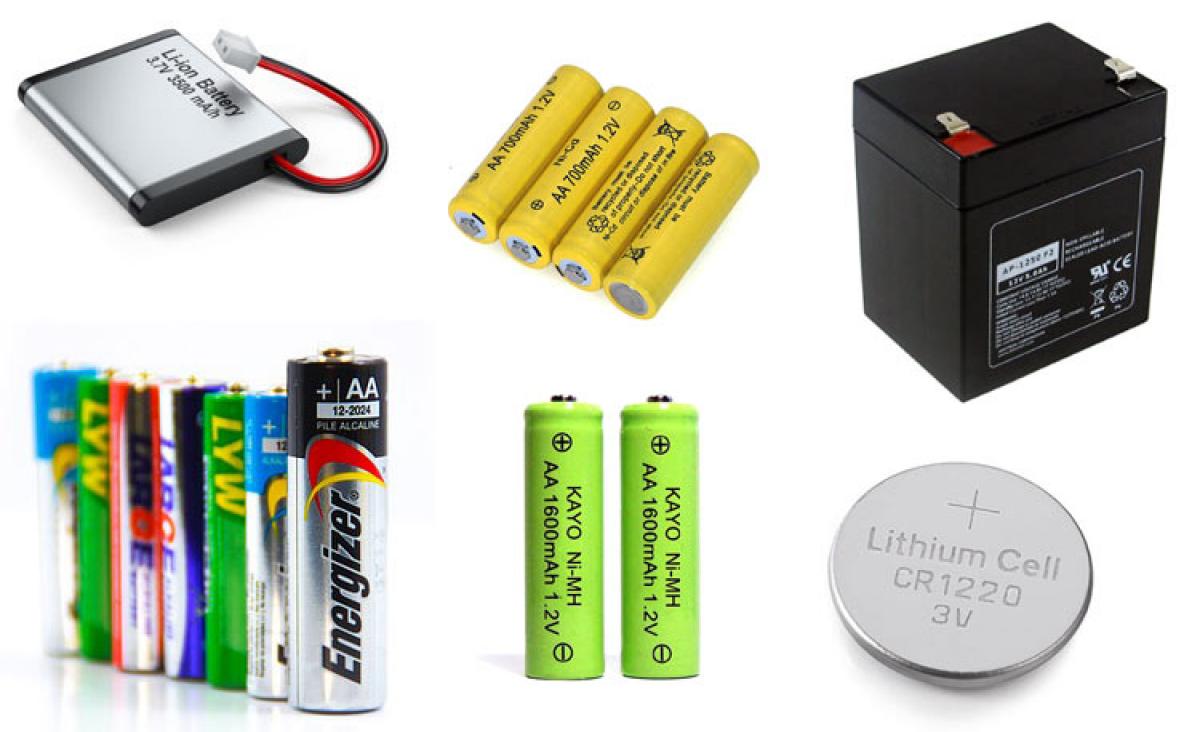Industrial UPS vs. Commercial UPS: What’s the Difference?
In today's fast-paced, power-dependent world, an Uninterruptible Power Supply (UPS) is no longer a luxury but a necessity. Whether you're running a manufacturing unit or a commercial office space, ensuring continuous power is critical. But not all UPS systems are created equal. At Hiteck Infrenergy, one of the most common questions we receive is: What’s the difference between an industrial UPS and a commercial UPS?
This blog explains the key differences and helps you choose the right UPS solution based on your requirements.
1. Purpose and Application
Industrial UPS
Designed for rugged environments, industrial UPS systems are built to support heavy machinery, automation lines, oil & gas plants, mining operations, and manufacturing units. They provide power to critical equipment where downtime can lead to safety risks or massive financial losses.
Commercial UPS
Commercial UPS systems are typically used in offices, retail outlets, IT facilities, hospitals, and educational institutions. These systems protect sensitive electronics like computers, servers, and communication equipment from power interruptions and surges.
2. Build Quality and Design
Industrial UPS
-
Rugged and durable design to withstand harsh environmental conditions (dust, moisture, vibrations, high/low temperatures).
-
Equipped with industrial-grade components and stronger enclosures.
-
Often mounted in specialized enclosures or cabinets with IP ratings for outdoor or factory-floor use.
Commercial UPS
-
Compact and sleek designs to fit into clean, climate-controlled environments like server rooms.
-
Aesthetically designed for indoor use in customer-facing or office settings.
-
Easier to install and maintain in standard commercial facilities.
3. Load Capacity and Runtime
Industrial UPS
-
Typically supports larger loads (ranging from tens to hundreds of kVA).
-
Offers customizable battery banks for extended runtimes.
-
Designed for 24/7 critical operations with zero tolerance for downtime.
Commercial UPS
-
Handles moderate to low power loads, generally between 1 kVA to 40 kVA.
-
Provides backup for a few minutes to an hour, allowing time for safe system shutdowns or generator start-up.
-
Ideal for non-critical or semi-critical environments.
4. Environmental Resilience
Industrial UPS
-
Can operate in hostile conditions, including extreme temperatures, vibrations, and fluctuating humidity.
-
Often installed in industrial control rooms, outdoor substations, or remote facilities.
Commercial UPS
-
Meant for stable, clean environments with consistent temperature and humidity.
-
Not suitable for dusty, wet, or high-vibration settings.
5. Cost and Maintenance
Industrial UPS
-
Higher initial investment due to heavy-duty design and performance.
-
Requires regular preventive maintenance and sometimes onsite engineers.
-
Longer lifespan with proper service agreements.
Commercial UPS
-
More cost-effective and easier to procure and install.
-
Lower maintenance needs; often comes with remote monitoring options.
-
Shorter lifespan compared to industrial systems, especially under constant heavy load.
Which One Should You Choose?
| Criteria | Industrial UPS | Commercial UPS |
|---|---|---|
| Use Case | Factories, Plants, Oil & Gas | Offices, Hospitals, Schools |
| Load Capacity | High (50kVA to 500kVA+) | Low to Medium (1kVA to 40kVA) |
| Environment | Harsh, Rugged | Clean, Indoor |
| Budget | Higher Investment | Budget-friendly |
| Customization | Highly Customizable | Limited Customization |





dhurb3
dhurb3
wv2y77
wv2y77
dgdfgdfg
5wyfpk
5wyfpk